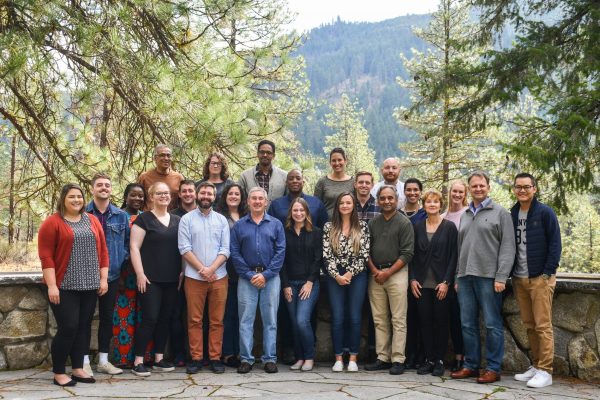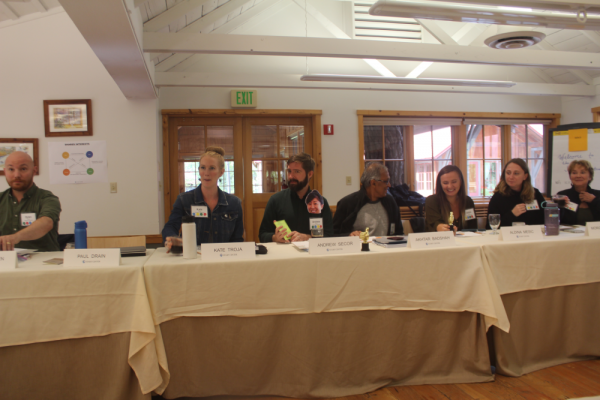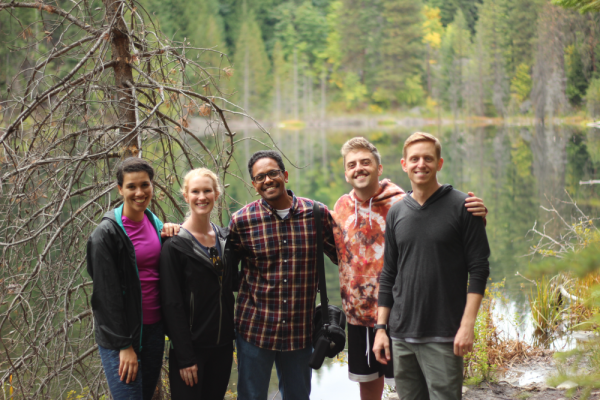- July 2025 (1)
- June 2025 (1)
- August 2024 (1)
- July 2024 (1)
- May 2024 (1)
- March 2024 (1)
- February 2024 (1)
- January 2024 (2)
- December 2023 (2)
- November 2023 (1)
- October 2023 (2)
- August 2023 (1)
- May 2023 (1)
- February 2023 (1)
- January 2023 (2)
- October 2022 (1)
- September 2022 (2)
- June 2022 (3)
- May 2022 (1)
- March 2022 (1)
- December 2021 (1)
- October 2021 (1)
- September 2021 (2)
- July 2021 (1)
- June 2021 (5)
- March 2021 (1)
- January 2021 (1)
- December 2020 (1)
- October 2020 (2)
- July 2020 (1)
- June 2020 (2)
- April 2020 (2)
- March 2020 (2)
- January 2020 (1)
- December 2019 (1)
- November 2019 (1)
- October 2019 (1)
- September 2019 (2)
- August 2019 (1)
- July 2019 (1)
- June 2019 (2)
- May 2019 (1)
- April 2019 (2)
- March 2019 (1)
- December 2018 (1)
- November 2018 (1)
- October 2018 (3)
- September 2018 (1)
- July 2018 (2)
- June 2018 (1)
- May 2018 (3)
- April 2018 (3)
- February 2018 (1)
- November 2017 (3)
- October 2017 (1)
- May 2017 (3)
- April 2017 (3)
- March 2017 (1)
- February 2017 (1)
- January 2017 (1)
- September 2016 (2)
- August 2016 (1)
- June 2016 (2)
- May 2016 (2)
- April 2016 (2)
- March 2016 (2)
- February 2016 (2)
- January 2016 (1)
- September 2015 (2)
- August 2015 (1)
- May 2015 (2)
- December 2014 (3)
- October 2014 (1)
- July 2013 (1)
START Center
START kicks off academic year with 7th annual 2-day retreat

START held its 7th annual retreat on September 17-18. This two day retreat is an opportunity for the Center to come together and re-establish our values, have dedicated time toward team-building, go over specific resources and skills that lead to success in START work, and to welcome the new START Research Assistants (RAs) and faculty leads joining the center for the 2019 – 2020 academic year.
To set the tone for the retreat, and reinforce our values as a center, we kicked off the two-day training with a session on START Culture. As a group we discussed the four START Core Values, which remain the same from year to year, but are shaped each year by the group of people that make up START. In this session, we also talked as a community about equity, diversity, and inclusion in its broad definitions, and how we actualize it within START. START Student Representatives, who are second year research assistants elected by their peers to represent the RAs to leadership, led this session with a member of START leadership.
The second session of the day focused on individual work styles, and how we work together as teams effectively. This consisted of discussing introversion versus extroversion, and seeing where each of the members of the Center land on this scale. We then looked at four different workstyles. Each member of the team took a survey before the retreat, and we discussed each other’s results and what behavior trends in group work individuals typically have based on their results. We then had a team building activity, where the group was split into four teams. Each team was given a bag of supplies, and tasked with creating a catapult that could launch a marshmallow. We asked teams to be aware of what roles each person naturally took within the group, and if they noticed trends in their work style.

In the final session of the first day, we did a deep drive into the START project life cycle. We examined the framework of a typical project process, what has happened with past projects, what the common steps to success look like, and what the common pitfalls to avoid are. This session was led by two second year RAs who have both held the role of Project Manager on projects, a START faculty lead, and a member of START leadership, all of whom could speak to specific examples they have experienced in their work with START.
The second day began with a session put on by the Operations Team, and covered day-to-day procedures and expectations, how we track the work we do, and key resources available to START members. This was an opportunity to provide clarity on procedures, and allowed START members to ask questions.
The next session focused on the pivotal point of every project when it launches from a work order given to START by a client to tangible work to be done by our RAs: the scoping meeting. This is a meeting where the team of RAs and a faculty lead meet with the client to discuss the purpose and methods stated in the work order, gain clarity on the project scope and final deliverables, and to ask any closing logistical questions. The RAs and faculty leads that ran this session acted out how typical scoping meetings run with clients, and gave tips for success.

In the final session of the retreat, we discussed project management and teamwork. In this session, we walked through an example project that START recently worked on, as well as team roles at START. The group was split into four teams, and each team was asked to consider one of the following aspects of teamwork: team member roles, the project timeline, a communication plan, and deliverables. During this time, the teams were asked to let the new RAs take the lead in discussion, and the second year RAs and faculty leads were asked to listen to a new perspective.
The trainings provided at the 7th annual retreat were created to allow research assistants, faculty, and staff working with START to share a common understanding of expectations and methods used to deliver high quality research. The opportunity for the START Center to come together and gear up for the year set a positive tone for the coming 2019 – 2020 academic year.
Did you enjoy this aricle? Share it Facebook Google+ LinkedIn Twitter